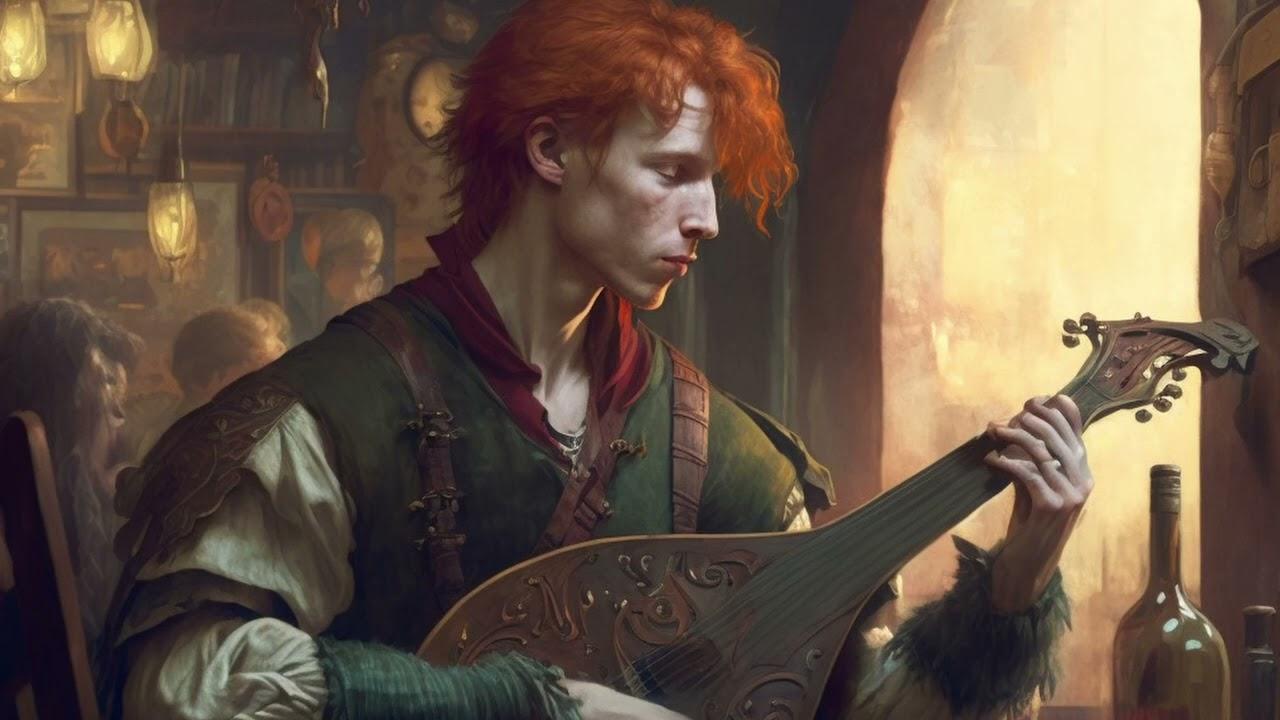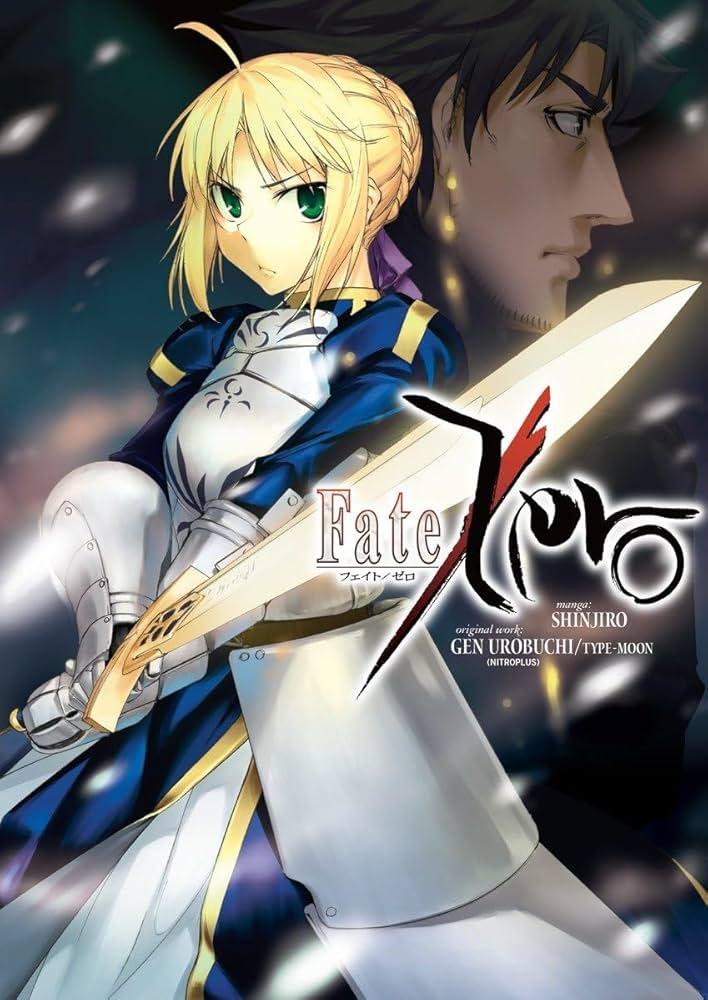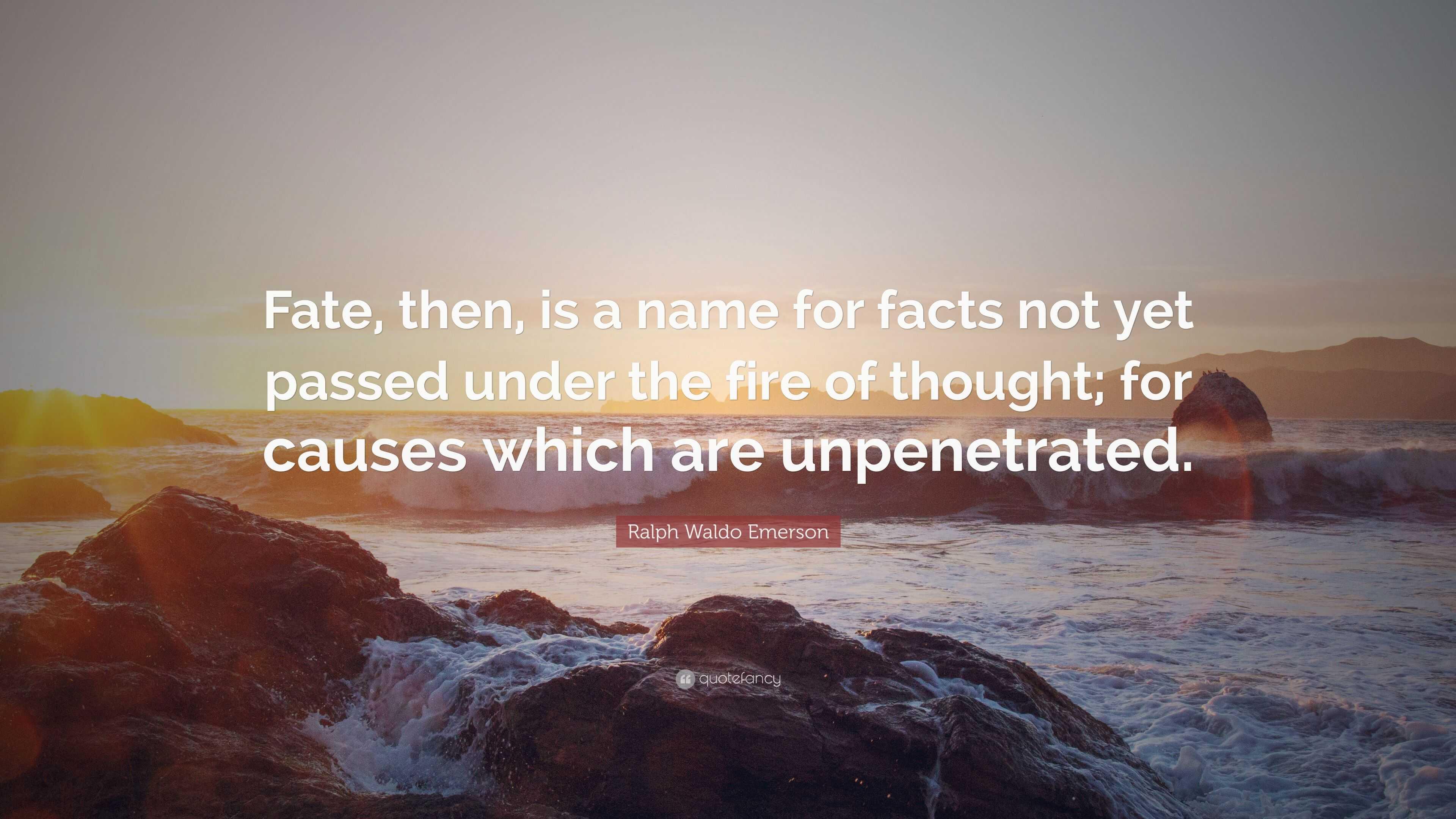In Patrick Rothfuss’s acclaimed fantasy novel, The Name of the Wind, the concept of fate weaves intricately through the narrative, influencing the protagonist Kvothe’s journey from a gifted child to a legendary figure. As readers traverse the rich tapestry of Rothfuss’s world, they encounter a complex interplay between destiny and personal agency, raising compelling questions about the extent to which characters are architects of their own stories or merely pawns in a predetermined cosmic design. This article delves into the role of fate within the novel, examining how Rothfuss employs it as both a narrative device and a thematic element. By analyzing key moments and character decisions, we aim to uncover the nuanced ways in which fate shapes the trajectory of the story, ultimately inviting readers to ponder the age-old debate of destiny versus free will.
Interplay of Destiny and Personal Choice in Kvothes Journey
The narrative arc of Kvothe in “The Name of the Wind” masterfully weaves together the intricate dance between destiny and personal choice. Kvothe’s life, from the vibrant performances with his family’s troupe to his relentless pursuit of knowledge at the University, is frequently punctuated by moments that suggest a preordained path. Yet, it is the choices he makes that define his journey. His decision to investigate the Chandrian, for example, seems driven by fate, yet it is Kvothe’s own determination and intellect that propel him forward, shaping his destiny through action rather than passive acceptance.
- Encounters with the Chandrian: The mysterious circumstances surrounding his family’s demise hint at a fate entwined with these enigmatic figures, yet Kvothe’s response to seek vengeance is a personal choice that steers his life’s direction.
- Pursuit of Knowledge: Kvothe’s relentless quest for understanding, whether through music or magic, showcases his belief in the power of personal agency, even as he navigates the paths laid out by destiny.
- Influence of the Amyr and Denna: His interactions with powerful and enigmatic characters reflect the complex tapestry of fate and choice, where each decision Kvothe makes seems both a step toward an inevitable future and a unique, personal journey.
Thus, while the threads of destiny are interwoven throughout his tale, it is Kvothe’s personal choices that continually redefine his path, illustrating a nuanced balance between fate and self-determination.
Examining the Influence of Fate on Character Development
In Patrick Rothfuss’s “The Name of the Wind,” fate weaves itself into the very fabric of character development, subtly guiding the trajectories of individuals while leaving room for personal agency. Kvothe, the protagonist, is a prime example of how fate intertwines with personal ambition and choice. His journey is marked by a series of seemingly fateful encounters and events that shape his path, from his meeting with Abenthy, who introduces him to the arcane arts, to his tragic experiences with the Chandrian. These events are not merely coincidental; they serve as pivotal moments that mold Kvothe’s identity and aspirations.
- Fateful Encounters: Kvothe’s interactions with key figures like Denna and Elodin demonstrate how destiny brings influential people into his life, pushing him towards growth and self-discovery.
- Unexpected Challenges: The hardships Kvothe faces, such as the loss of his family and the struggles at the University, illustrate how fate can be both a guiding and testing force, challenging him to adapt and evolve.
- Myth and Legend: The prophecies and legends surrounding Kvothe’s life hint at a preordained path, yet his choices continuously redefine his narrative, suggesting a dynamic interplay between destiny and free will.
This intricate dance between fate and autonomy in “The Name of the Wind” not only deepens the complexity of Kvothe’s character but also invites readers to ponder the extent to which our own lives are shaped by fate or forged by our choices.

Narrative Techniques Highlighting the Role of Fate
In The Name of the Wind, Patrick Rothfuss intricately weaves narrative techniques to underscore the inescapable nature of fate. One prominent technique is the use of foreshadowing, which subtly hints at pivotal events that unfold in Kvothe’s life. By strategically placing clues throughout the narrative, Rothfuss creates an air of inevitability, suggesting that Kvothe’s journey is not entirely within his control. This method not only engages the reader but also reinforces the idea that certain outcomes are preordained.
Another technique employed is the cyclical structure of the story. The narrative oscillates between the present and Kvothe’s past, creating a sense of destiny’s grip on his life. This circular storytelling style reflects the theme of fate as Kvothe’s past decisions continually influence his present circumstances. Additionally, Rothfuss utilizes mythic allusions and prophecies to emphasize the weight of fate, as Kvothe is often compared to legendary figures whose paths were determined by forces beyond their control. These narrative devices collectively highlight the complex interplay between free will and fate, urging readers to ponder the extent of Kvothe’s autonomy in his own story.

Recommendations for Analyzing Fates Impact in Literary Studies
When delving into the intricate web of fate in The Name of the Wind, it is essential to adopt a multifaceted analytical approach. Begin by considering the narrative structure and character development within the novel. Analyze how fate is woven into the protagonist’s journey, shaping not only the events but also the reader’s perception of inevitability and choice. Examine the ways in which author Patrick Rothfuss uses foreshadowing and symbolism to hint at the forces of fate at play, paying close attention to recurring motifs and their implications on the storyline.
- Character Analysis: Investigate how fate influences the decisions and growth of key characters, particularly Kvothe. Consider how their actions might be seen as predetermined versus influenced by free will.
- Thematic Exploration: Identify themes related to fate, such as destiny, prophecy, and the tension between control and chaos. Explore how these themes are articulated through the characters’ experiences and the broader narrative arc.
- Literary Devices: Look at Rothfuss’s use of literary devices, such as metaphors and allegory, to convey the underlying currents of fate. How do these devices enhance the reader’s understanding of the characters’ destinies?
By adopting these recommendations, literary scholars can gain a deeper understanding of how fate operates within The Name of the Wind, offering insights into the interplay between predetermination and agency in Rothfuss’s richly crafted world.
Insights and Conclusions
the role of fate in Patrick Rothfuss’s “The Name of the Wind” serves as a complex narrative device that intertwines with the protagonist’s journey, enhancing the thematic depth of the novel. Through Kvothe’s encounters with destiny, Rothfuss explores the tension between predetermined paths and personal agency, inviting readers to reflect on the balance between the two. While fate seems to guide certain events, the character’s choices remain pivotal, suggesting that destiny and free will coexist in a nuanced dance. This interplay not only enriches the character development but also adds layers of meaning to the narrative, encouraging readers to ponder the extent to which our lives are shaped by forces beyond our control. Ultimately, Rothfuss crafts a tale that challenges traditional notions of fate, leaving the audience to question the true nature of destiny and its influence on the human experience.
